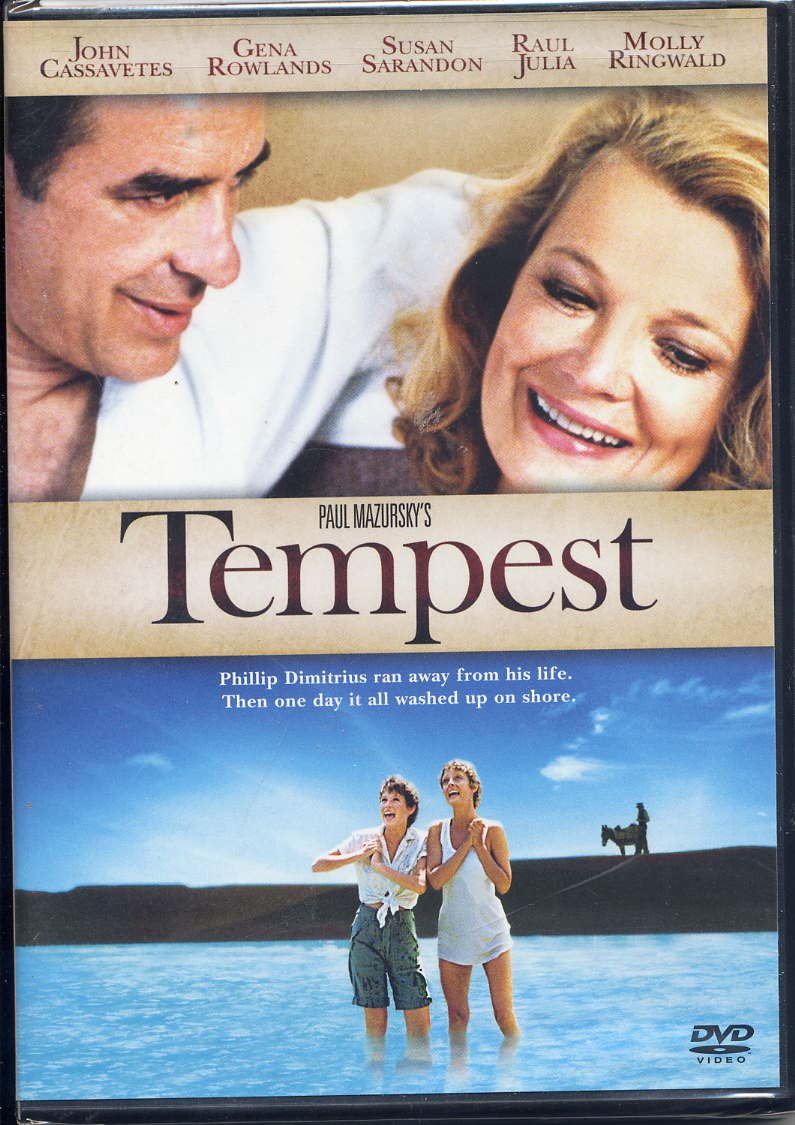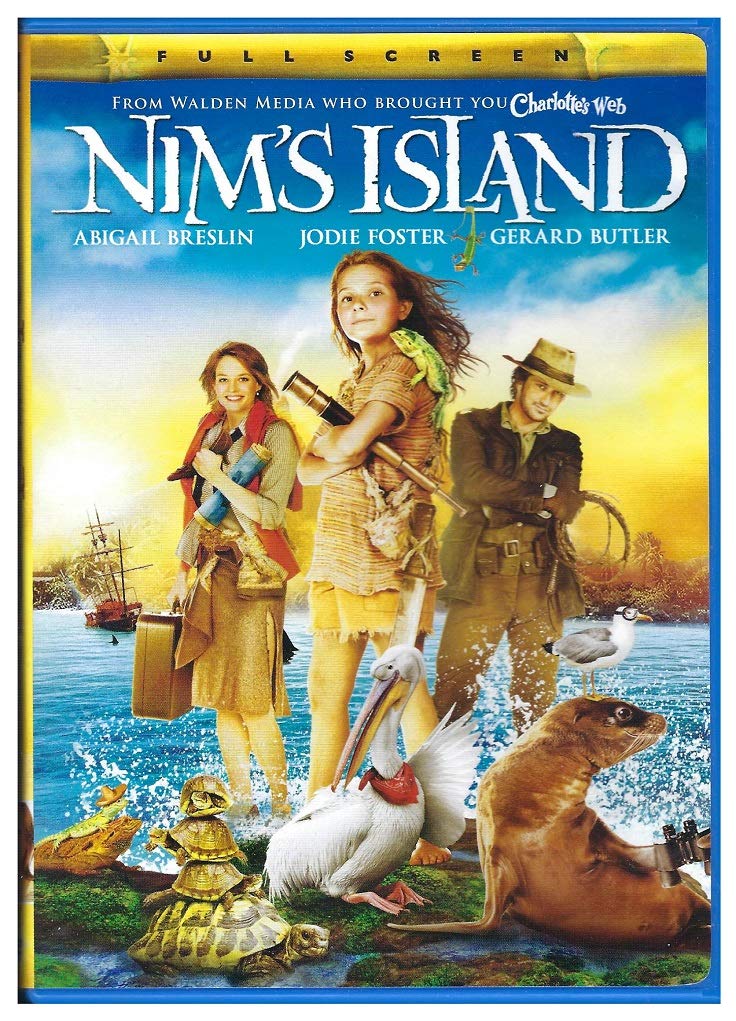 “Shakespeare: Drama’s DNA.” Perf. Richard Eyre, Peter Brook, and Judy Dench. Dir. Roger Parsons. Changing Stages. Episode 1. BBC. 5 November 2000. Videocassette. Films for the Humanities, 2001.
“Shakespeare: Drama’s DNA.” Perf. Richard Eyre, Peter Brook, and Judy Dench. Dir. Roger Parsons. Changing Stages. Episode 1. BBC. 5 November 2000. Videocassette. Films for the Humanities, 2001. As readers of Bardfilm know, we at Bardfilm try to document all the materials we use. Only occasionally do we find ourselves unable to provide full bibliographic information about the films and books we mention here.
However, we sometimes have to throw up our collective arms (that's an image for you) and acknowledge that we do not know the source and cannot track it down.
This is the case for a brief musical interlude that is at the end of the documentary mentioned above. As that volume ends, a delightful jazz number swells over the credits—credits that do not credit the author or performer of the song. Googling the lyrics, often a productive way of finding what others have said about them, produced nothing. To the best of my knowledge and belief, this is the only site that contains the lyrics to the song (which must, for the time being, rest both anonymous and untitled).
First, here's the song (with a slideshow of Shakespeare images provided by Bardfilm); the lyrics follow.
And here are the lyrics:
And here's an appeal: If any of you can provide information about this song, please do so in the comments below! Thank you very much!To be or not to be: That's the point, of course.
Lead on, Macduff. The Game's afoot. My Kingdom for a horse.
Once more into the breach, my friends—into the breach once more!
All the world's a stage, my friend: let slip the dogs of war.
If music be the food of love . . .
Oh—the image above ought to have its own bibliographic entry! It's from I'm Not There, a film about Bob Dylan—one which has a very brief Shakespeare-related exchange (which is almost entirely encapsulated in the image above). Here's the bibliographic reference:
I'm Not There. Dir. Todd Haynes. Perf. Cate Blanchett, Ben Whishaw, Christian Bale, Richard Gere, Marcus Carl Franklin, Heath Ledger, Kris Kristofferson, and Richie Havens. 2007. DVD. Ufa / DVD, 2008.
Links: I'm Not There at IMDB.
Click below to purchase I'm Not There from amazon.com
(and to support Bardfilm as you do so).
(and to support Bardfilm as you do so).































.png)
























